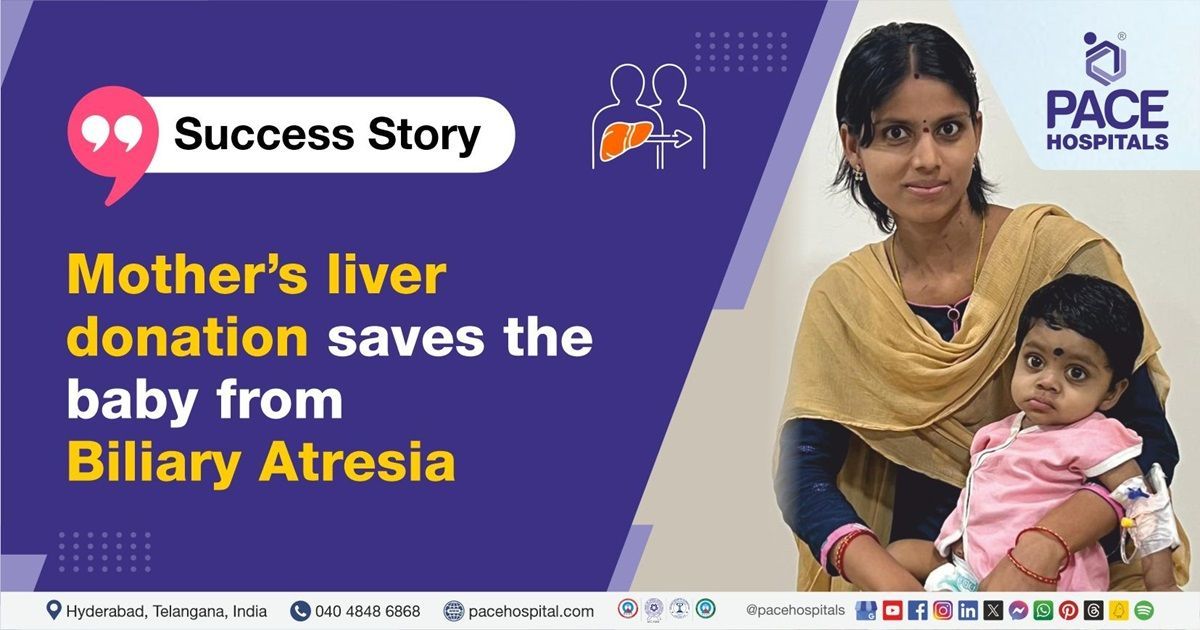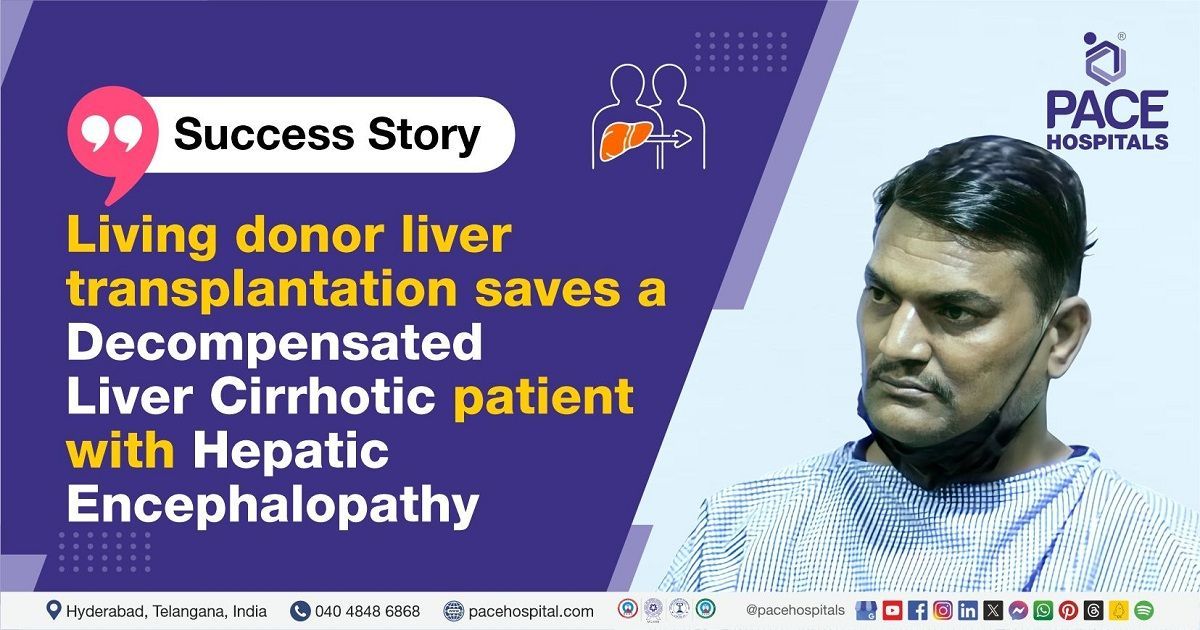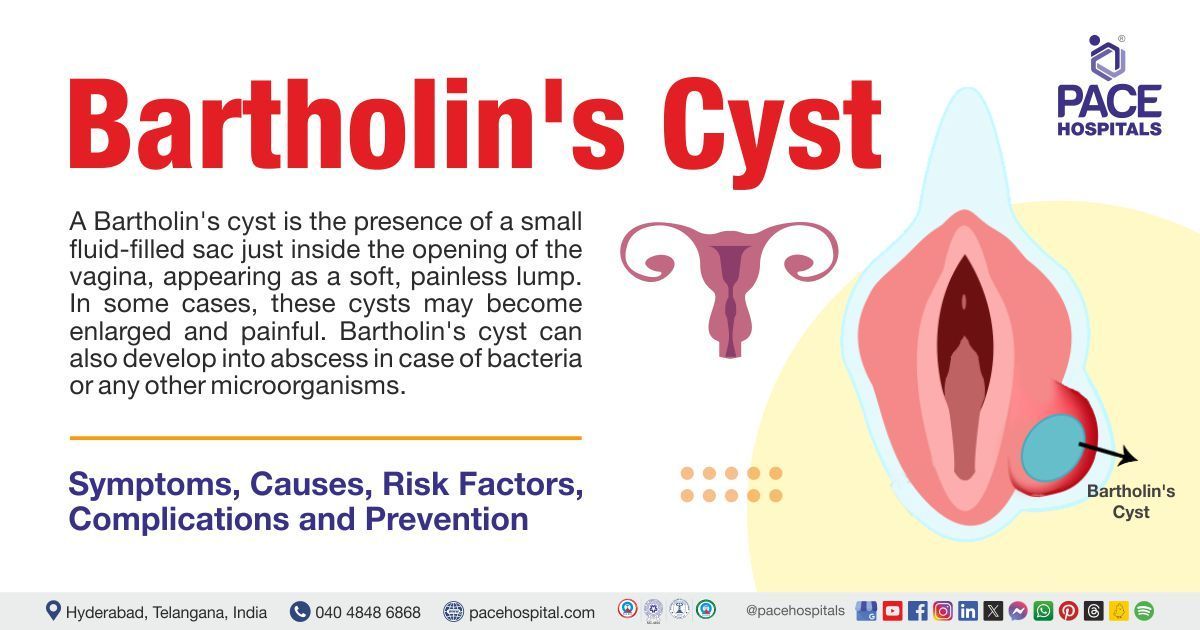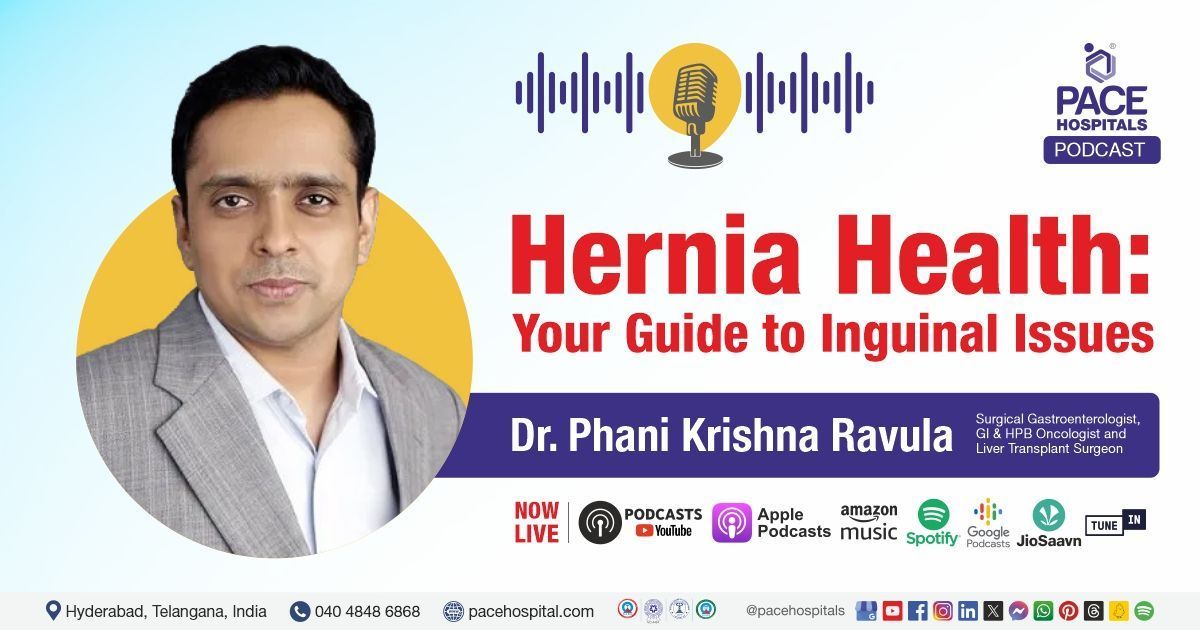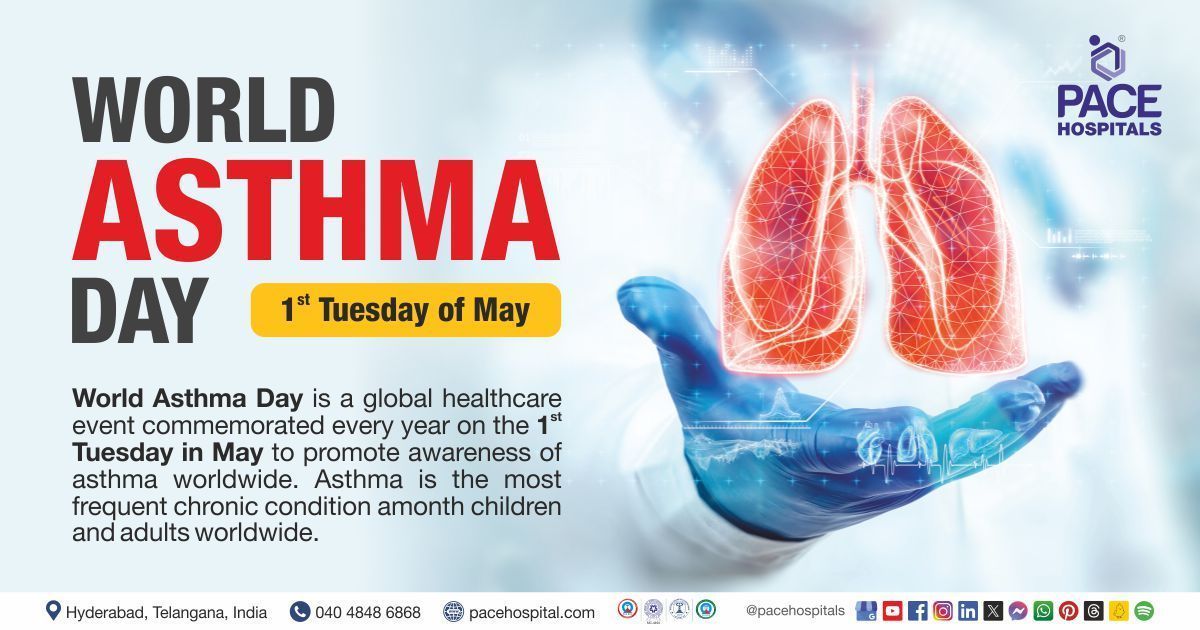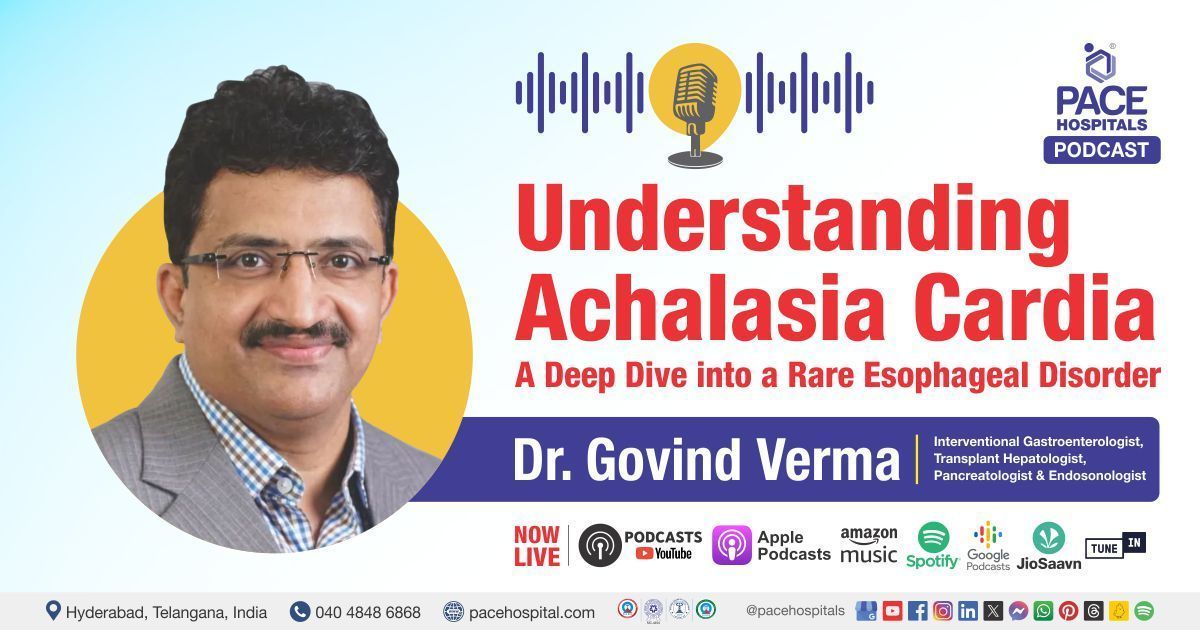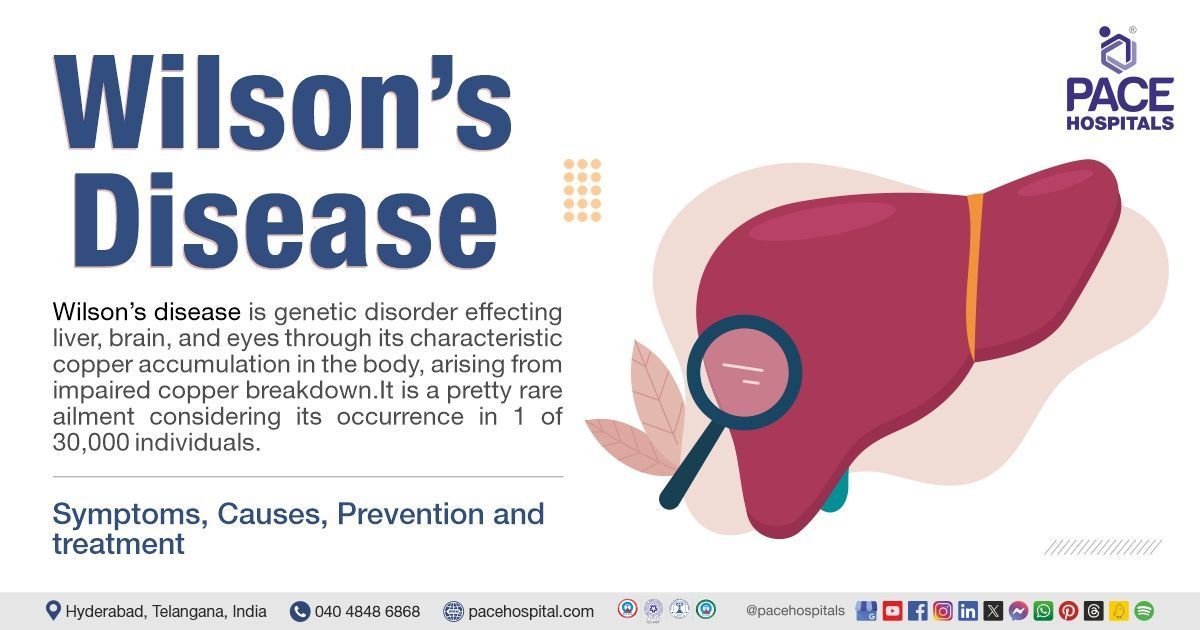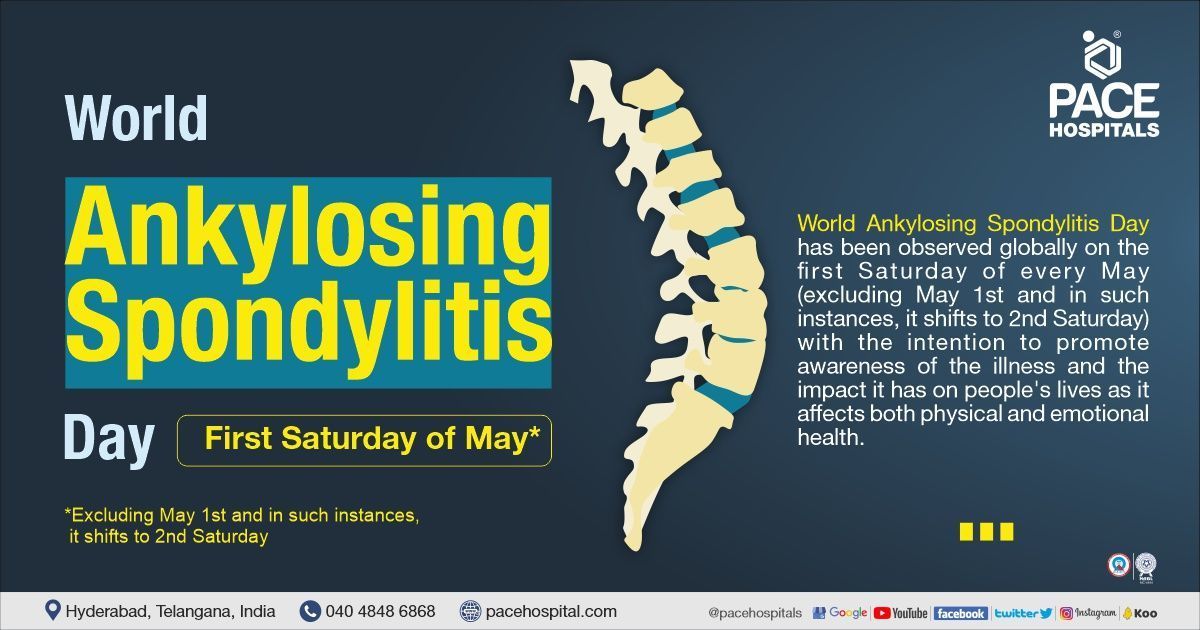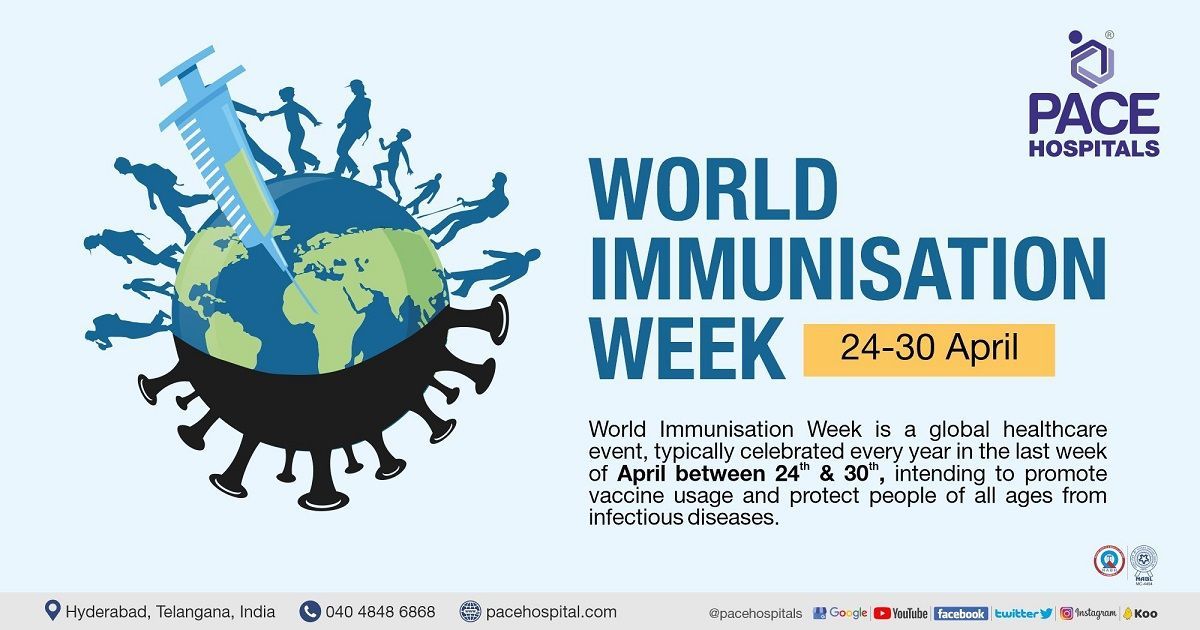A Successful Liver Transplant for a baby with biliary atresia
Liver Transplantation team at PACE Hospitals carried out successful Living Donor Liver Transplantation (LDLT) for A baby with post Kasai cholangitis with annular pancreas. The transplanted liver portion was donated to the baby by the mother.
A neonate (Kiranmayee) of 1 year 2-month female is presented to the hospital with complaints of jaundice and intermittent fever.
Medical History
Delving deeper, it was understood that the patient was experiencing jaundice since four months and was frequently associated with intermittent fever. The patient was diagnosed with biliary atresia type 1. She underwent Kasai’s surgery with duodenojejunostomy when she was 45 days old to get treated.
The patient had a history of hospital admission for viral pneumonia and cholangitis about a fortnight ago.
Diagnosis
Upon being admitted to PACE Hospitals and understanding the history and physical examination, the patient was subjected to ultrasonography and cholangiography among other investigations. The investigations were focussed to identify any obstruction in the bile ducts. Evaluating the diagnostic investigations, the patient was diagnosed with:
- Post Kasai cholangitis with annular pancreas
- The Paediatric End-Stage Liver Disease (PELD) score is 14
Treatment
The team of liver transplant doctors including Dr. CH Madhusudhan, Dr. Ravula Phani Krishna, Dr. Govind Verma and Dr. Suresh Kumar asserted that a liver transplant was the only way to salvage/save the patient.
The patient was kept on multiple lifesaving supports. Understanding the condition of the patient, her mother came forward willfully to donate a portion of her liver. Since both the donor and the recipient share similar blood group (O+ve) there hadn’t been any incompatibility issues.
With necessary investigations done & clearances obtained which included pre-anesthesia checkup, the patient underwent living donor liver transplantation (LDLT), receiving the left lateral segment. The procedure was supervised by the liver transplant surgeon - Dr. CH Madhusudhan, and it was accomplished devoid of any complications.
The aftermath
The post-operative period was uneventful, which can be evidenced by the results of liver doppler test (a non-invasive test which studies the blood supply in and around the liver through ultrasound waves). During the post-operative period the patient developed high white blood cell count with having high lymphocytes which was managed conservatively.
Leucocytosis (increased white blood cells) is one of the common clinical findings seen in the post-transplantation period among liver transplant recipients. Although, leucocytosis in general circumstances is frequently observed as one of the early clinical signs of infection, in these transplantation cases, leucocytosis may also be regarded as rejection. With corticosteroid therapy, this condition can be neutralized.
The necessary medicines, immunosuppressives, antibiotics, proton pump inhibitors, multivitamins, antiemetics, analgesics, antipyretics & other supportive care were given along with the counselling. With the gradual development of liver enzymes in the donor’s body, the immunosuppression doses adjusted accordingly.
Once the patient achieved hemodynamic stabilisation, she was discharged with the necessary medications and advice for follow-up.
Biliary atresia and its treatment
One of the most serious congenital liver disease affecting infants, biliary atresia is the leading cause of childhood cirrhosis, liver failure, and the need for liver transplants. It is seen in 1 in 5,000 to 1 in 18,000 newborns, within weeks of birth presenting with prolonged jaundice and cholestasis (worsening bile flow), eventually being diagnosed by blocked bile ducts.
Hepatoportoenterostomy (HPE), also known as the Kasai procedure for biliary atresia, can restore the bile flow and prevent liver damage if performed within the first 2–3 months of life. Nevertheless, even with successful Kasai procedure, most children (over 70%) develop cirrhosis due to which liver transplantation is a must before adulthood.
Around 30% of liver transplant cases (donors) experience a brief rise in white blood cells (leucocytosis) within 1-3 days of surgery. This could be self-limiting (goes away on its own) within 48 hours if fever is not associated. It could be due to the body's response to the surgery and blood loss (rejection). In such cases immunosuppressive medication can help in stabilising the patient.
Request an appointment
Fill in the appointment form or call us instantly to book a confirmed appointment with our super specialist at 04048486868
Appointment request - health articles
Thank you for contacting us. We will get back to you as soon as possible. Kindly save these contact details in your contacts to receive calls and messages:-
Appointment Desk: 04048486868
Whatsapp: 8977889778
Regards,
Pace Hospitals
Hitech City and Madinaguda
Hyderabad, Telangana, India.
Oops, there was an error sending your message. Please try again later. We will get back to you as soon as possible. Kindly save these contact details in your contacts to receive calls and messages:-
Appointment Desk: 04048486868
Whatsapp: 8977889778
Regards,
Pace Hospitals
Hitech City and Madinaguda
Hyderabad, Telangana, India.
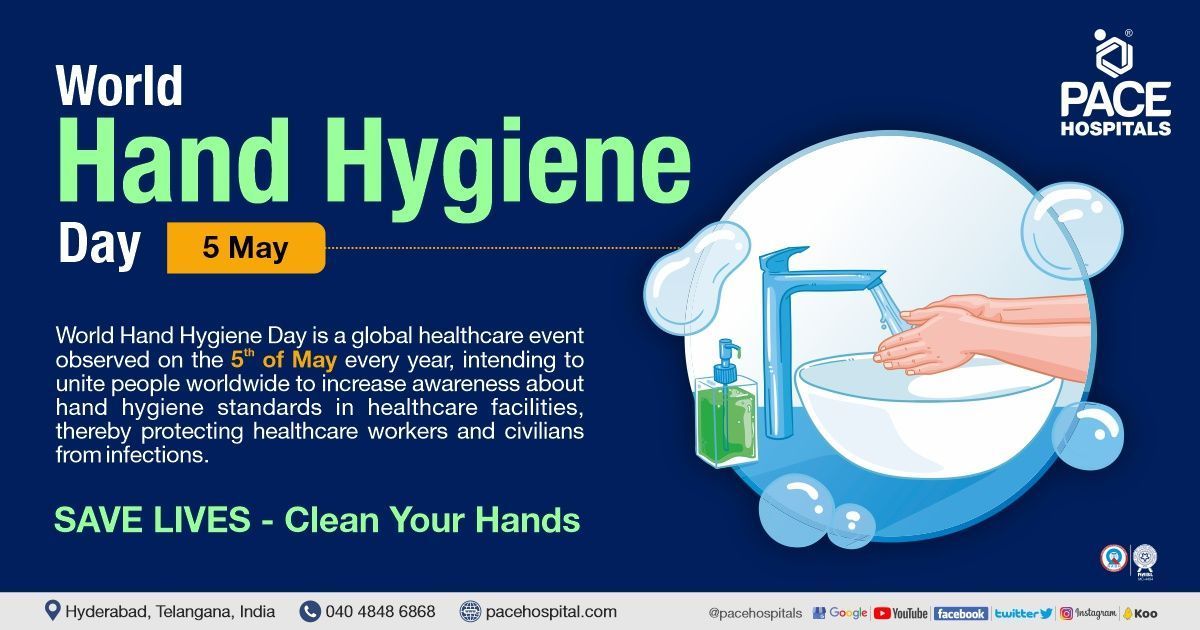
Our Locations
Subscribe to our newsletter and stay updated with the latest health information.
By clicking on subscribe now, you accept to receive communications from PACE Hospitals on email, SMS and Whatsapp.
Subscribe to PACE Hospitals News
Thank you for subscribing. Stay updated with the latest health information.
Oops, there was an error. Please try again submitting your details.
-

Payment in advance for treatment (Pay in Indian Rupees)
For Bank Transfer:-
Bank Name: HDFC
Company Name: Pace Hospitals
A/c No.50200028705218
IFSC Code: HDFC0000545
Bank Name: STATE BANK OF INDIA
Company Name: Pace Hospitals
A/c No.62206858997
IFSC Code: SBIN0020299
Scan QR Code by Any Payment App (GPay, Paytm, Phonepe, BHIM, Bank Apps, Amazon, Airtel, Truecaller, Idea, Whatsapp etc)
Call us at 04048486868
ADDRESS
PACE Hospitals
Hitech City : Beside Avasa Hotel, Pillar No. 18, Hyderabad - 500081
Madinaguda: Mythri Nagar, Beside South India Shopping, Madinaguda, Hyderabad - 500050
QUICK LINKS
Disclaimer
General information on healthcare issues is made available by PACE Hospitals through this website (www.pacehospital.com), as well as its other websites and branded social media pages. The text, videos, illustrations, photographs, quoted information, and other materials found on these websites (here by collectively referred to as "Content") are offered for informational purposes only and is neither exhaustive nor complete. Prior to forming a decision in regard to your health, consult your doctor or any another healthcare professional. PACE Hospitals does not have an obligation to update or modify the "Content" or to explain or resolve any inconsistencies therein.
The "Content" from the website of PACE Hospitals or from its branded social media pages might include any adult explicit "Content" which is deemed exclusively medical or health-related and not otherwise. Publishing material or making references to specific sources, such as to any particular therapies, goods, drugs, practises, doctors, nurses, other healthcare professionals, diagnoses or procedures is done purely for informational purposes and does not reflect any endorsement by PACE Hospitals as such.

